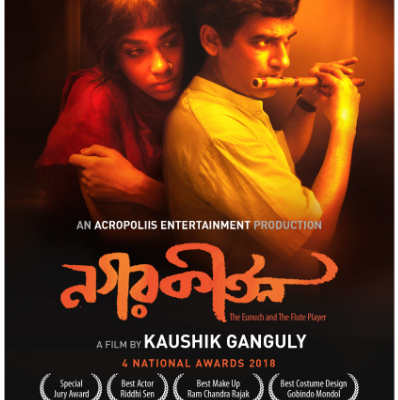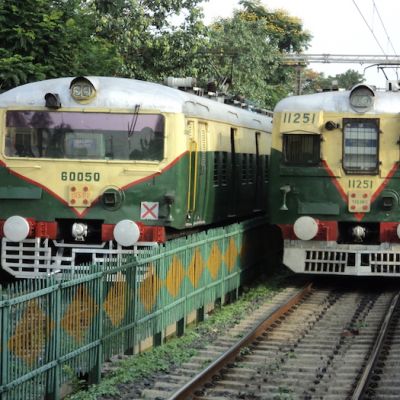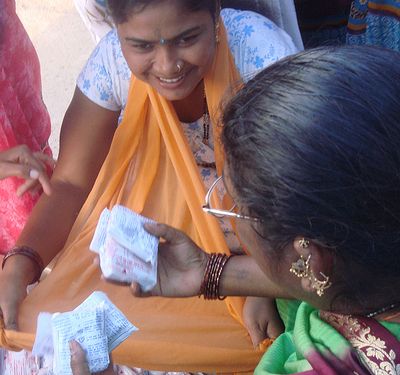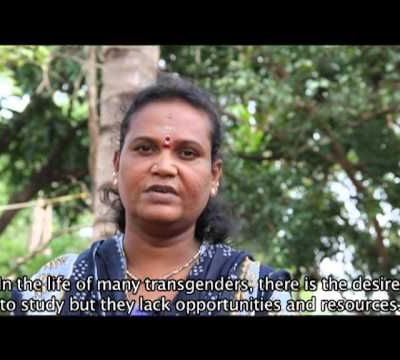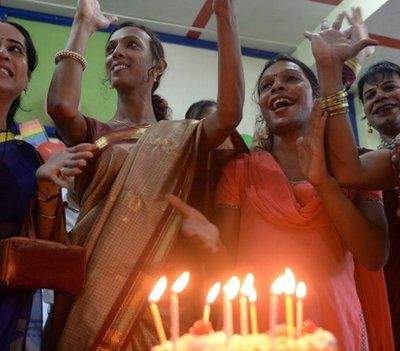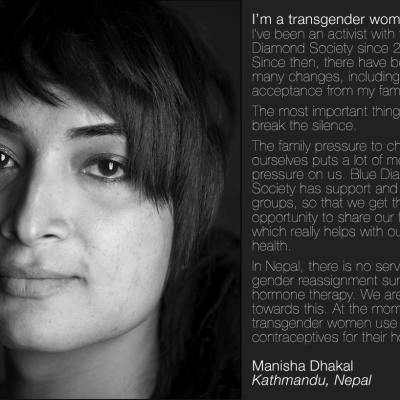Transgender
When we are talking about the theme of embracing equity we can see sports as a neutral space that has the potential to be a space where everyone can connect, together, without language, and without the domination of any community over another.
The plot of the movie narrates the tale of the love that grows between two people who are struggling to survive in a world of rootlessness and are continuing to make a cosy home for themselves. The love between Madhu, who works as a food delivery boy, and Puti, who survives by singing at traffic signals, blossoms while they cross paths everyday at the traffic signal and the look that they exchange appears to us as if each of them is trying to find a home in the other.
The replacement of the traditional Durga idol by that of the Ardhanarishwara, without any obdurate protest, highlights the true carnivalesque spirit of Kolkata’s most looked-forward-to festival.
I could have called it transformation instead of transitioning. But it became clear to me that transitioning does not necessarily imply a caterpillar-butterfly story but that it means a gradual acceptance of the self (and the self is ever-transitioning); of being comfortable in your own skin (even if it means shedding skin); of perfecting your act (even if it means learning a few new things).
In an e-mail conversation with TARSHI, Alok Vaid-Menon talks about both performativity and poetic performance.
The concluding chapter reiterates the aims of the book, i.e., “to start critical conversations within the disciplines of psychology, social work, childhood studies, and family studies in India and to think about exclusions inherent in these disciplines.
The circulation of our bodily energies potentially ushers queer futurities. A future that is yet to come, a future in which our bodies will not be imprinted with fear. A future in which newer creative economies of desire, love, and pleasure surround us like the blue waters of the Indian Ocean. I write this brief reflection in hopes of such futures.
This is the second part in a two-part series on SANGRAM’s work in Sangli. Read the first part here. Finding…
A gradual process of inclusion; engaging and understanding exclusion In 1992, health and human rights NGO, SANGRAM, recognised the need…
“The UFC was appalled by the transphobic comments made by heavyweight Matt Mitrione,” stated the mixed martial arts governing body, which recently suspended…
This piece attempts to think about how bodies are produced and circulate in moving registers and discourses, chiefly around the question of representation.
Celine Sciamma’s ‘Tomboy’, is a brilliantly woven tale that dissolves rigid gender and sexual boundaries and defies quite a few…
[slideshow_deploy id=’1299′] Khaki dots the railway station as they try to look official, lolling in their plastic chairs. Routine checking…


